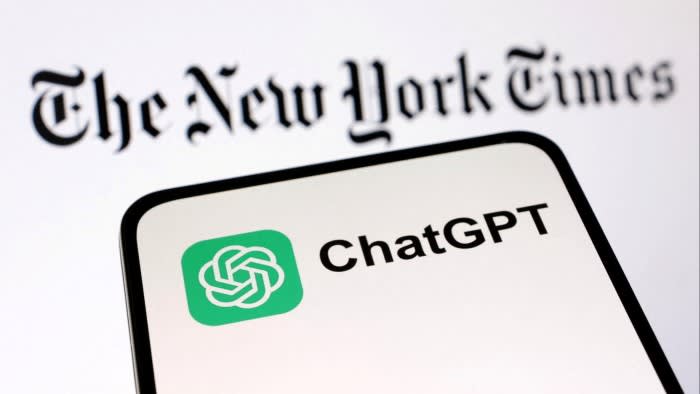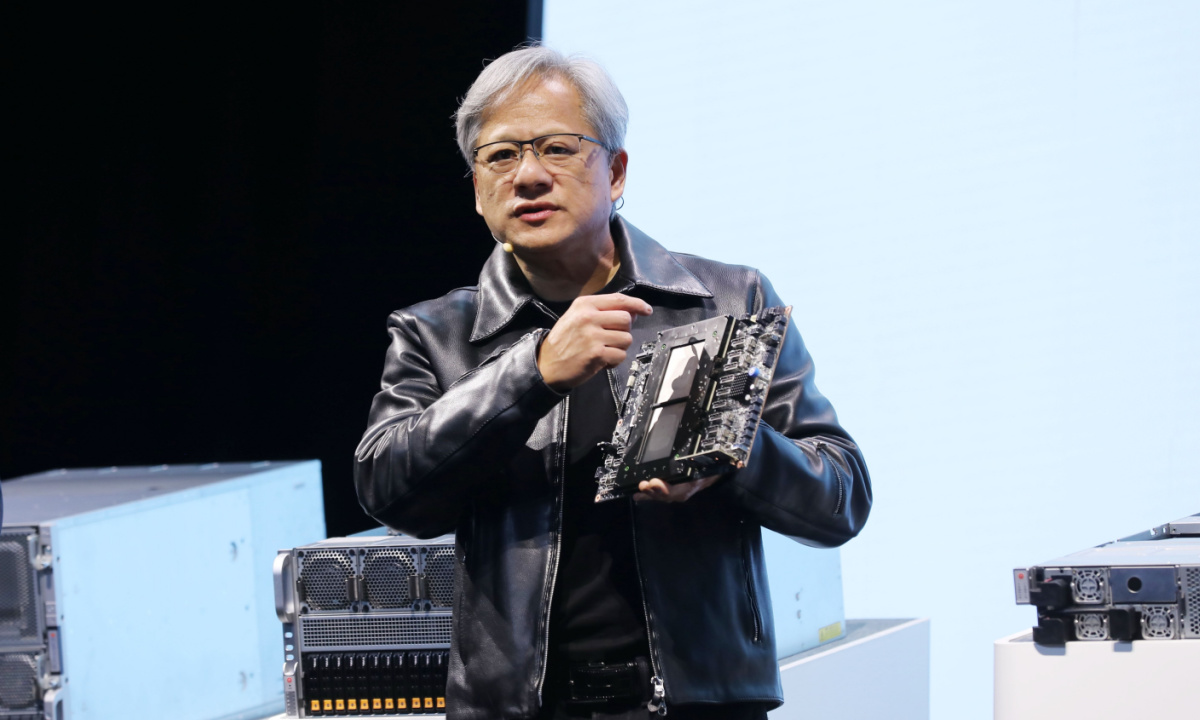It’s been a challenging period for Google recently, following issues with its text-to-image tool in Gemini (previously known as Bard), which started producing inappropriate and absurd images. This led to a public acknowledgment from a Google executive, admitting the error and pausing the tool for further testing. Google CEO Sundar Pichai also addressed the situation, emphasizing the company’s mistake and the need for corrective actions. The responses from Gemini were deemed offensive and biased, a situation deemed unacceptable.
To address the issues, Pichai outlined a series of measures, including structural adjustments, updated product guidelines, enhanced launch processes, rigorous evaluations, and technical recommendations. Despite acknowledging the imperfection of AI, Pichai reiterated Google’s commitment to meeting high standards and continuous improvement efforts.
The competitive landscape in the emerging generative AI market underscores the importance of Google’s actions. With rivals such as OpenAI, Microsoft, Meta, and Anthropic vying for leadership, Google aims not only to rectify the Gemini tool but also to innovate and maintain its position as a provider of widely used and beloved products.
Moreover, Google is exploring new frontiers in AI technology by engaging independent publishers to utilize a beta version of a forthcoming gen AI platform for news content generation. This initiative, part of the Google News Initiative, aims to support small publishers in creating quality journalism efficiently by leveraging public data sources.
While Google’s AI ventures extend beyond text and images, with projects like the Genesis AI model and DeepMind’s Genie for virtual world creation, the company remains focused on responsible development and research in this field. Genie, for instance, showcases the potential for generating diverse simulations for training purposes, such as for embodied agents like robots.
As the AI landscape evolves, notable developments include Elon Musk’s legal action against OpenAI, accusing the organization of prioritizing profits over its original mission to benefit humanity. Musk’s lawsuit underscores the complexities and ethical considerations surrounding AI advancements, particularly in the pursuit of Artificial General Intelligence (AGI).
Additionally, Microsoft’s strategic investment in Mistral AI, a French startup specializing in large language models, has drawn scrutiny from European Union regulators. The partnership aims to leverage Mistral’s AI technology on Microsoft’s Azure AI cloud platform, signaling further collaboration in AI research and development.
In conclusion, as AI technologies continue to shape various industries and societal domains, it is essential to navigate these advancements with caution and ethical foresight. The evolving landscape of AI applications underscores the need for responsible innovation and thoughtful consideration of the implications of AI-driven solutions.










